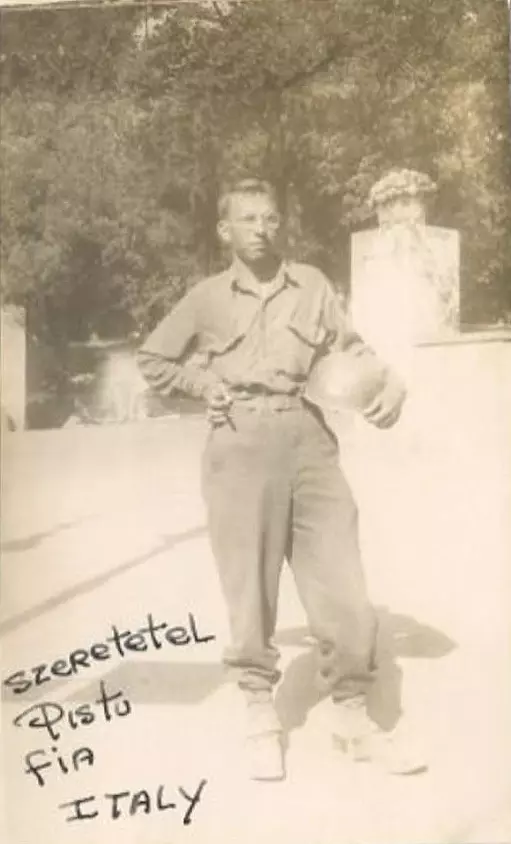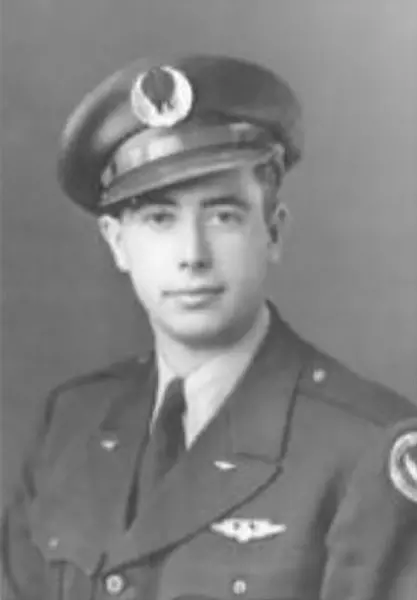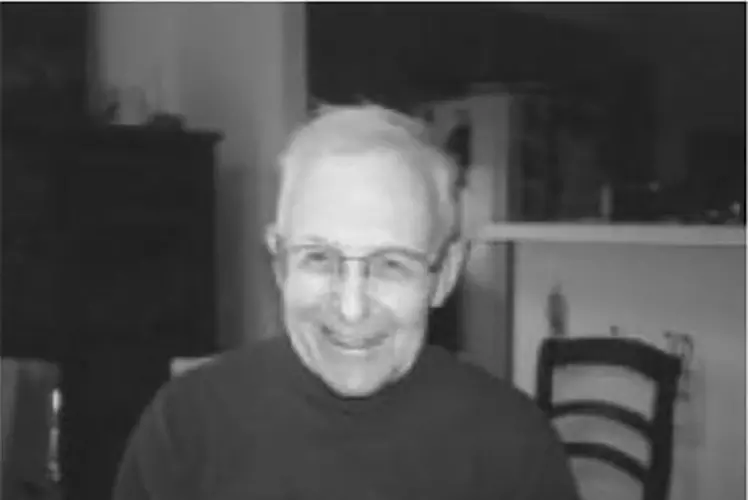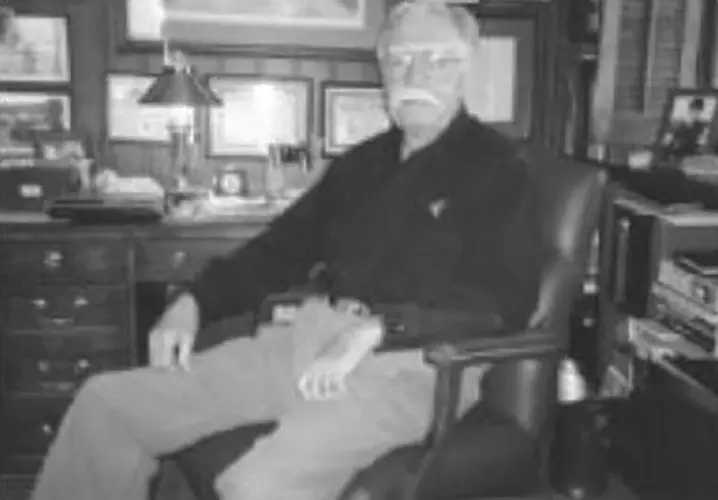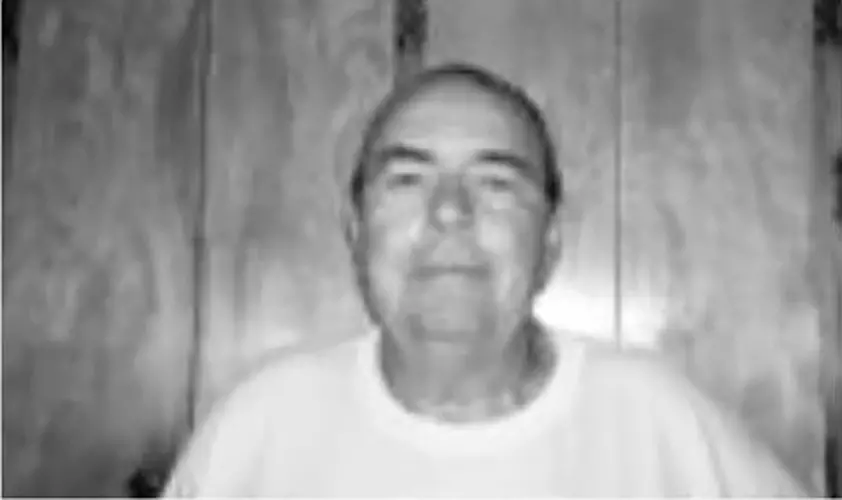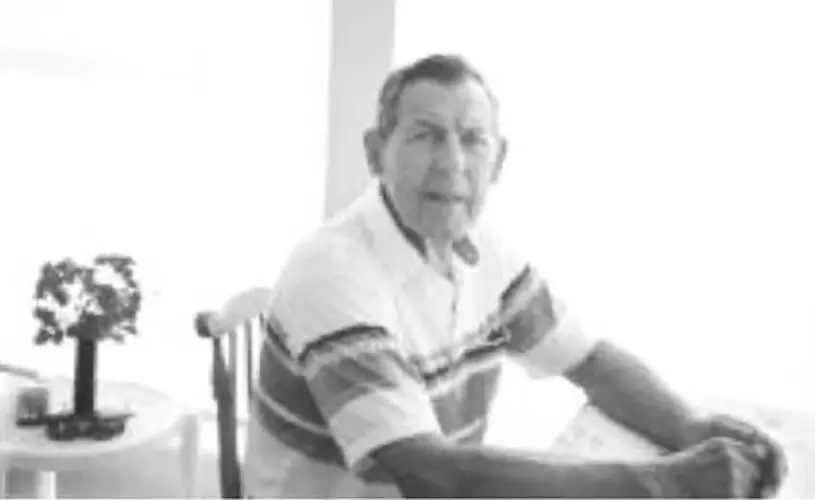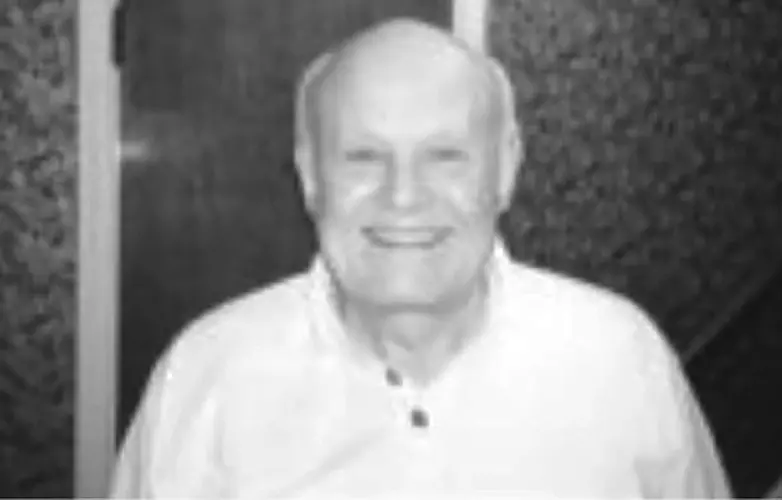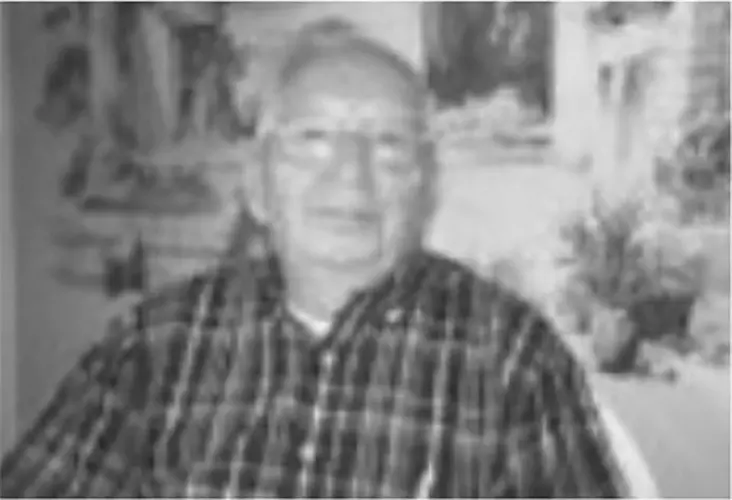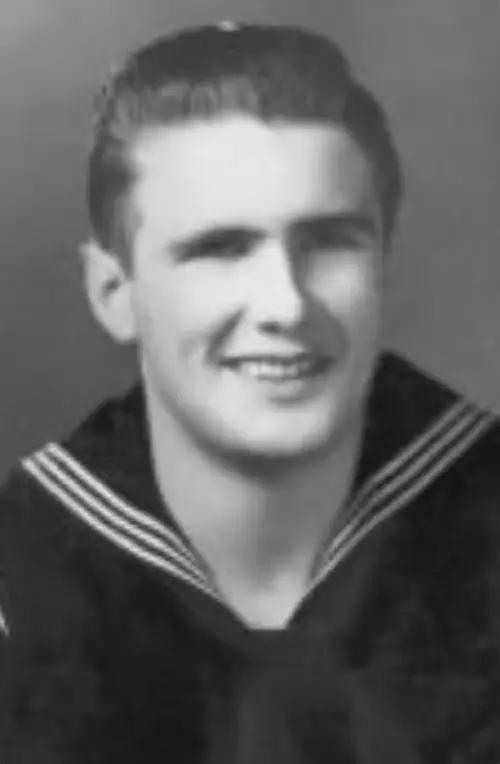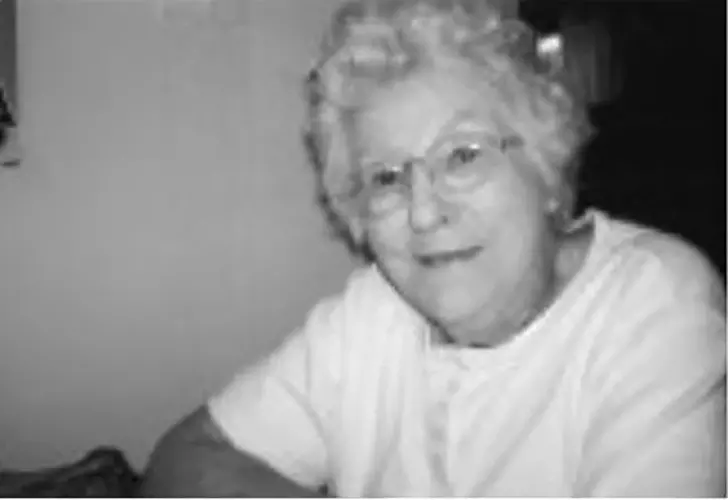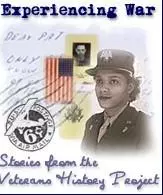 Experiencing War
Experiencing War
Exhibit Gallery
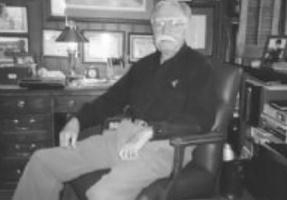
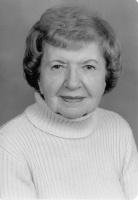
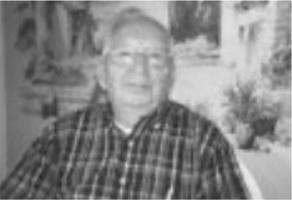
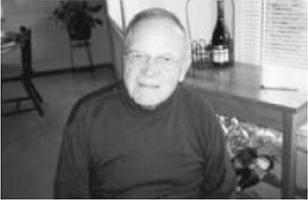
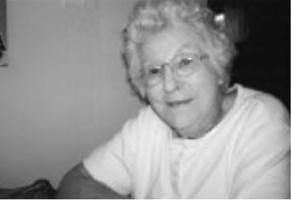
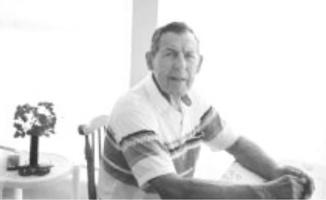

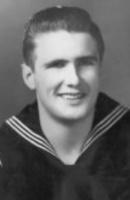

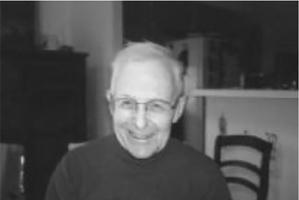
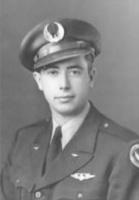



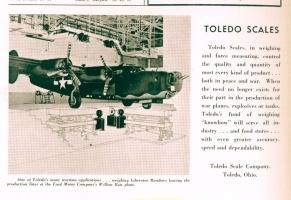

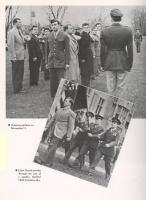
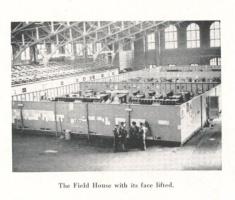

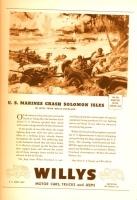
Steven Pecsenye's Letters from the Front
Steven Pecsenye was a second-generation Hungarian who was born and raised in Toledo, Ohio. He attended Macomber High School and studied at the Toledo Museum of Art as well as in Salzburg, Austria.
Upon his graduation from high school, he entered the Army and served from 1945 to 1947 as a scout in the 7th Infantry. This allowed him to travel extensively throughout Italy, France, and Germany. During this time he wrote his parents, niece, and girlfriend (future wife) almost every day, often including descriptive drawings of local sights and people.
The Canaday Center in Carlson Library at the University of Toledo is fortunate to have the manuscript collection of "Steph" Pecsenye, including numerous "V-mail" letters he sent home during the War. "V-mail" or "Victory Mail" was written by service people on pre-printed envelope sheets supplied by the government. The letters were microfilmed and sent back to the United States where they were printed out on paper and mailed to the addressee. V-mail dramatically reduced the bulk of mail, freeing thousands of tons of shipping space for war materials.
Other sketches by Steven Pecsenye form the Steven Pecsenye Collection, 1942-1983, MSS-084 [Digital Collection, UTDR]
The following set includes a few selected V-Mails from Steven Pecsenye to his loved ones between 1943 and 1944, including a blank v-mail form












Toledo Images from World War II
Click on the image to see full-size image.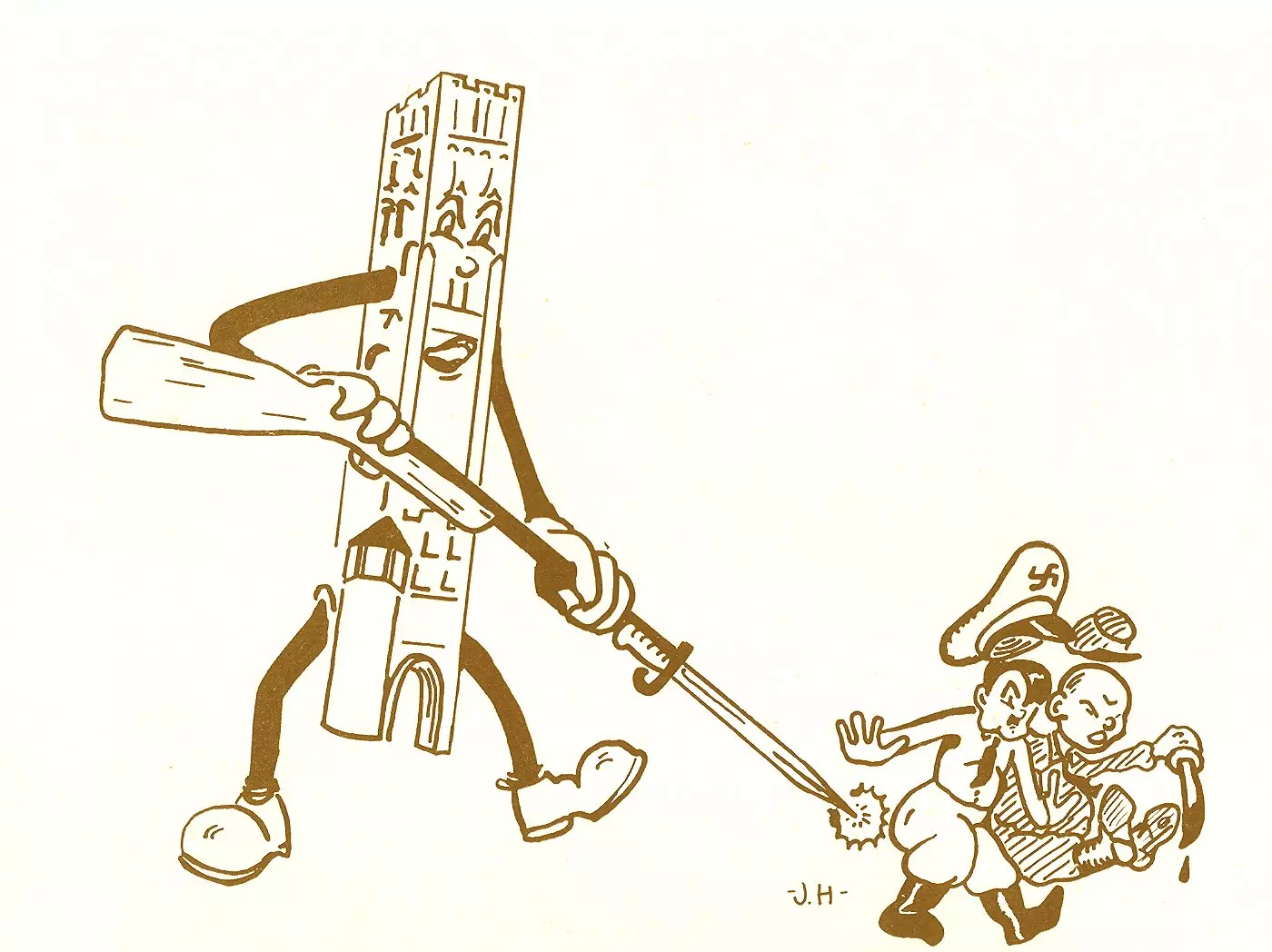 War War II cartoon
War War II cartoon
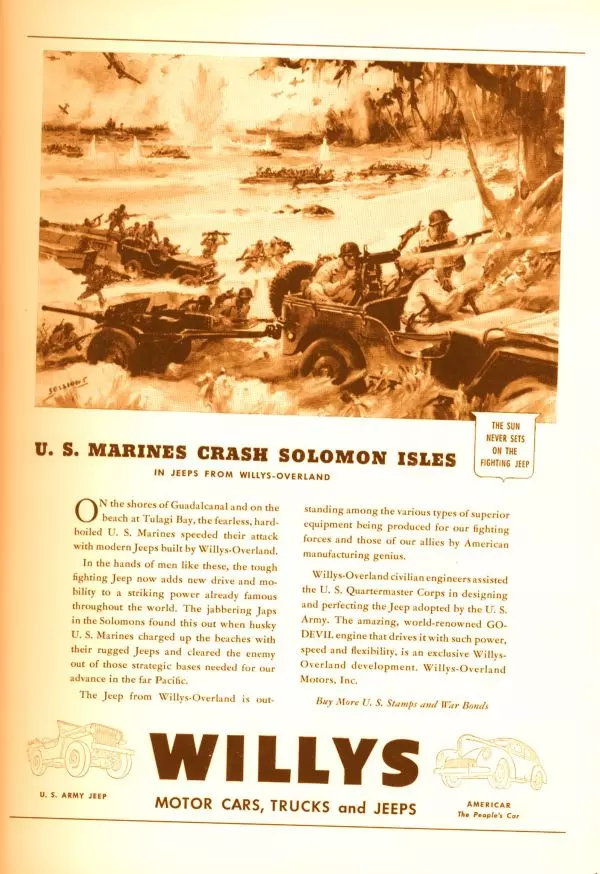 Advertisement for Willys-Overland
Advertisement for Willys-Overland
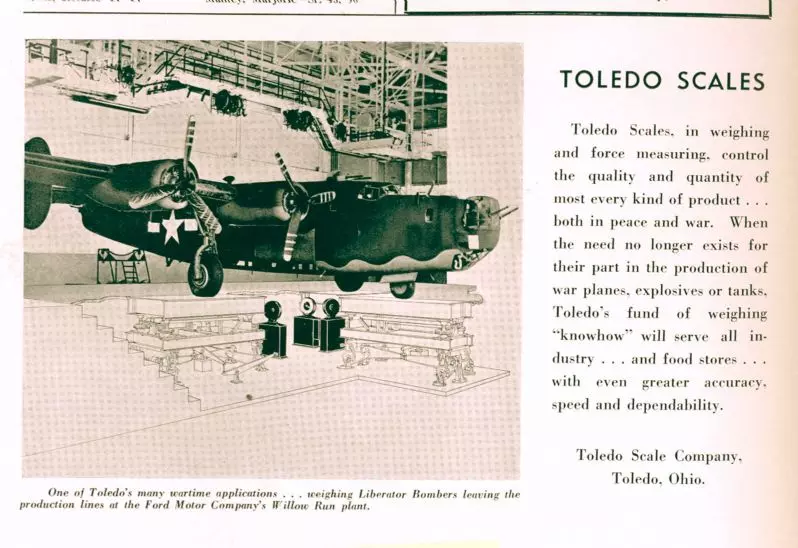 Advertisement for Toledo Scale
Advertisement for Toledo Scale
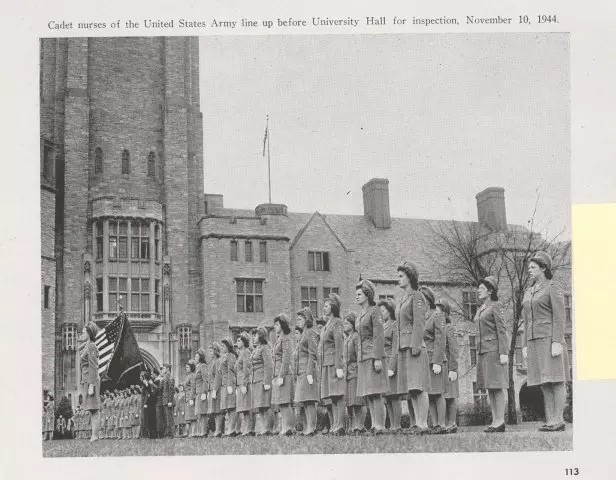 Cadet Nurses at Toledo University
Cadet Nurses at Toledo University
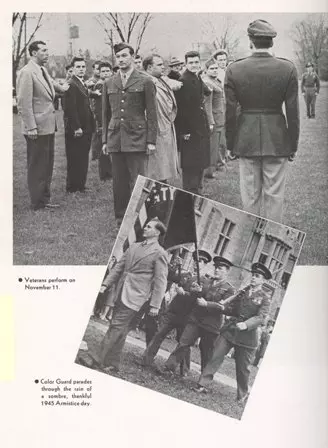 Color Guards at Toledo University
Color Guards at Toledo University
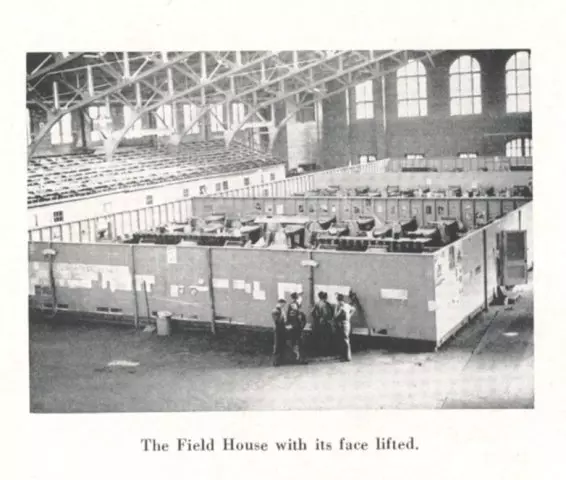 Toledo University Field House outfitted for World War II
Toledo University Field House outfitted for World War II
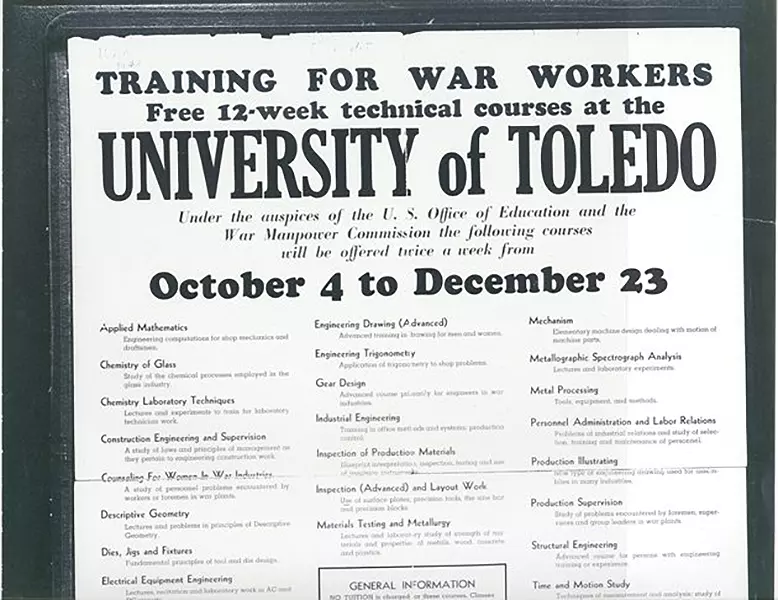 Poster Announcing Training for War Workers
Poster Announcing Training for War Workers
World War II Tales of Toledo Vets
The University of Toledo participates in the Veterans History Project, sponsored by the Library of Congress. Over 600 interviews with local veterans have been recorded and are preserved in the Ward M. Canaday Center at Carlson Library. The following are snapshots of people taken from the exhibit "Ideals, Courage, and Hope: Selections from the University of Toledo Veterans History Project," edited by Casey Stark and James Seelye Jr.
For pictures of the opening reception of this exhibit, click here.
Toledo-area Veterans' Stories from the Veterans History Project
 Experiencing War: Stories from the Veterans History Project [Veterans History Project]
Experiencing War: Stories from the Veterans History Project [Veterans History Project]
Rita S. Antoszewski (Michalak)
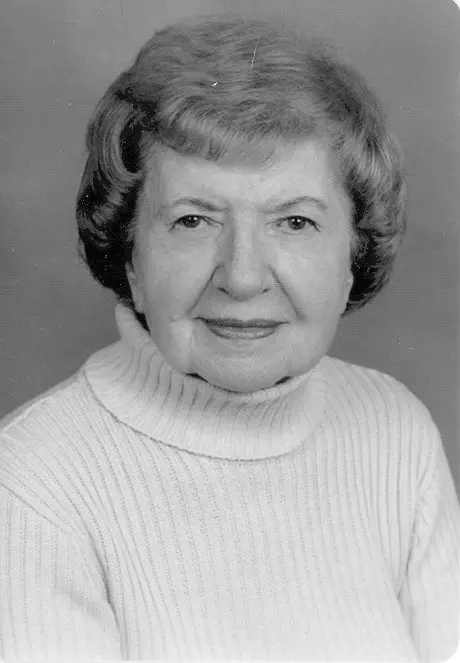 Rita S. Antoszewski (Michalak)
Rita S. Antoszewski (Michalak)
Rita S. Antoszewski (Michalak) was born in Toledo, Ohio, on June 18, 1923. She entered the US Army Nurse Corps in 1945, serving in the United States and the Pacific Theater during World War II. She left the military in 1946, having achieved the rank of 1st Lieutenant, in addition to earning the Victory Medal, the A-P Theater Ribbon, the Army of Occupation Ribbon, and an Overseas Service Bar.
Quotes:
It was a great experience and I’m not sorry that I did it. -- Rita Antoszewski.
I feel that I did very, very little compared to, well, compared to the G. I.s I took care of. -- Rita Antoszewski
David E. Fought
David E. Fought was born on February 16, 1925 in Toledo, Ohio. He served in the United States Army, 1st Infantry Division, during World War II. Mr. Fought was located at Camp Grant Illinois, Camp M. Lesstandish Massachusetts, Liverpool England, and Normandy and Omaha Beaches, from 1943-1945. During this time, he achieved the rank of Staff Sergeant. Mr. Fought was awarded a Unit Citation, two Bronze Stars, five Campaign Stars, Theater Ribbons, Good Conduct, and an Occupation Medal.
Quotes:
No one in Liege was prepared for what happened next at two o’clock that same afternoon the first division began moving down their main street. As our mechanized columns rolled into town, thousands of people came running from side streets to the main thoroughfare, cheering and crying, adults and children, many waving wine bottles, loaves of bread, food of all kinds. They came in such numbers [that] we were unable to continue our advance; we were afraid of running over the people. Many were leaping upon our jeeps, trucks, and tanks to express their great joy. We gradually were able to move our convoy through the downtown and out in the country before evening, but we all agreed we had had a big day in Belgium. -- David Fought
By December 23rd…we did remember it was Christmas, and decided to have a Christmas tree. In this area [the Ardennes], they were easy to find. My Jeep carried an ax, and I cut a five-foot fir tree and transported it to the aid station. We made a tree stand out of C-ration crates and decorated our tree with ½-inch gauze bandages strung around the tree dotted with Mercurochrome and cotton balls. The surprised reaction of the wounded and frostbitten G.I.s when they were brought into that warm and well-lit room and seeing that tree made it all very much worthwhile. We kept the tree up till after New Year’s. -- David Fought
Our main job (as medics) was of course to make sure no one was left behind. We never left a man. -- David Fought
The fighting was very heavy, and I was so busy (as a medic) that the only thing I can really remember about it (the D-Day Invasion) was [that] it was three days before I even thought about having any sleep, and also three or four days before we ate anything. I had food in my pack, but was so busy that it never occurred to me to eat. And I walked by a guy in a foxhole and he had a little Bunsen burner and was making coffee. I got a whiff of that and said, ‘Oh, my God, I’m hungry!’ -- David Fought
Glen Grainger
Glen Grainger was born in Toledo, Ohio on February 11, 1922. He was a pilot with the United States Air Force during World War II. He was on active duty from 1941-1945, and with the Reserves until 1952. He was located in China, Burma, and India. Mr. Grainger attained the rank of 2nd Lieutenant, and was awarded an Air Medal and a China War Memorial Medal.
Quotes:
The sad part of all this is it’s been 50 years since I lived though these experiences, I mean almost 60 years, and I still feel a certain amount of resentment that the boys who lost their lives over the Himalayan Mountains and flying the hump…you very seldom hear about or any credit given to what transpired. There were many boys lost after the war was over who continued flying those missions. The American boys paid with their lives and they never should have, and it was pitiful. -- Glen Grainger
I enlisted because I wanted to be in the Air Force. It so happened I had a problem with my eye. They informed me that at no time would I be able to fly at high altitudes. So I wasn’t deterred by that…I learned how to beat the exam! -- Glen Grainger
I was indoctrinated primarily though my mother, who was a Florence Nightingale nurse in World War I, and my father who served overseas in the service during World War I. As a result, we all had great feelings towards our country, and we were indoctrinated with that in schools, and everything we lived for, our government could do no wrong. Well, what a bunch of dopes we were! That’s the conditions that we lived under: we felt that whatever the government said was fine and dandy. We didn’t know what schmucks they really are. I did what I was told. I was one of many sheep who did what he was told, and considered it our moral responsibility to do what we were told. So I gave six years of my life to my country. I really don’t care whether it was appreciated or not because it was an experience that I’ve had, it was an experience that I’ve lived through, and many of the boys did not live though it.
-- Glen Grainger
Theodore H. Harbaugh
Theodore H. Harbaugh was born in Toledo Ohio on August 28, 1913. He served with the United States Navy and the United States Marine Corps during World War II. While serving with the 1st Marine Division from 1942-1950, Mr. Harbaugh achieved the rank of Major. He was located in the Pacific Theater. In addition, he received extensive training in the Japanese language. Mr. Harbaugh was awarded Theater Ribbons, in addition to a commendation from the Commanding General of the 1st Marine Division.
Quotes:
My commanding officer ordered me to yell to the Japanese to surrender. So I walked out into this clearing and yelled (in Japanese). They answered with bullets. They shot over my head, to my right and to my left, but did not kill me since I was using their language. -- Theodore Harbaugh
I was able to communicate with a Japanese commanding officer that the war was over, and that a peace treaty and cease-fire had been signed on the USS Missouri. This brought about the surrender of those forces. Some Japanese in the mountains of Okinawa had been told to never surrender. I befriended a Japanese officer who was able to convince them to surrender. -- Theodore Harbaugh
I feel so fortunate to have experienced what I did…I had tried to be a good citizen, and to take part in the history of this wonderful country of ours. I pray every day for developments that would allow us to get along with one another. -- Theodore Harbaugh
Albert M. Hassenzahl
Albert M. Hassenzahl was born on September 23, 1920 in Toledo, Ohio. He served with the 101st Airborne Division of the United States Army during World War II. From 1942-1945, Mr. Hassenzahl was located at Camp Livingston, Louisiana; attended Jump School at Fort Benning, Georgia; and was deployed to the European Theater, where he achieved the rank of Captain. He was also wounded in combat, and received four Purple Hearts, in addition to two Bronze Stars, a Silver Star, and four Battle Stars. Mr. Hassenzahl’s experiences during World War II have been noted in six books, including the best seller Beyond Valor, by Patrick K. O’Donnell.
Quotes:
We went to a staging area…on the day before D-Day (June 5). That day holds a special memory for me. That afternoon we were called to assemble, and General Eisenhower-Ike, and Winston Churchill, and a party of senior officers came to our staging area to inspect the troops. I just happened to be in one of the ranks. Ike came down our rank and paused right in front of me. He looked right at me and he winked! He said, ‘Good luck, soldier.’ I will never forget that. -- Albert Hassenzahl
A curious thing happened that I’ll never forget. I was lying on the beach on the stretcher. A storm came up, and the wind blew my blanker off of me, and I didn’t have the strength to pull it back up over me. An arm came across my body and tucked the blanket up tenderly around me. The person who did it was a Kraut prisoner. We just looked at each other, and I tried to thank him with my eyes, and I think he tried to say you’re welcome with his. That incident has stayed with me all these years. -- Albert Hassenzahl
These two kids were manning a bazooka in a ditch. We had all kinds of fire and shells coming in. I was standing in a doorway, and all of a sudden the strangest feeling came over me. I had to get those boys out of that ditch. I yelled over to them, and the instant they got over to me a shell hit right where they had been, and it left a pretty big crater. They looked at each other, and then up at me. I’ll never forget the look on their faces. -- Albert Hassenzahl
I remember laying on a stretcher, and our Regimental Chaplain, Father Maloney, come up to start the last rights on me. I told him, ‘Get lost Goddammit! I’m not gonna die! Leave me alone!’ He gave me a grin and left. Every time I saw him after that he would remind me about what had happened; he never let me forget it. -- Albert Hassenzahl
Robert Hassen
Robert Hassen was born in Lucas County, Ohio, on February 6, 1930. He entered the US Marines in 1948 and served during the Korean War. Hassen was discharged in 1952, having earned the rank of Corporal and a Purple Heart, Good Conduct award, Theater Ribbons, and the National Defense award.
Quote:
They [the Japanese] were afraid of the US Marines. When I got there they respected the Marines because the Marines literally fought in all the islands and the survivors evidently came home and came back to Japan and they must have told the people there that the Marines had kicked them off the island or killed their friends or whatever. But I never had a bit of trouble; they weren’t friendly but they respected the Marines. -- Robert Hassen
Kenneth Haynes
Kenneth Haynes was born in Whitehouse, Ohio, on July 9, 1924. He entered the US Army in 1943 and served with the infantry. He left the military in 1945, having earned a Purple Heart.
Quote:
I think it should be compulsory military training for every person that gets out of high school, at least two years. You learn discipline; you will pick out the leaders from the followers. I think it’s very good for every person, it’s something if you don’t have it will be missing in your life. You learn to follow orders and [be] told what to do, don’t question orders. -- Kenneth Haynes
Laurence E. Kish
Laurence E. Kish was born on May 17, 1932 in Toledo, Ohio. He served in the United States Army during the Korean Conflict, as a part of the 40th Infantry Division, 223rd Infantry Regiment. From 1952-1954, Mr. Kish was located in Fort Jackson, South Carolina, and the Far East Command, Korea, where he achieved the rank of Master Sergeant. He was awarded a Combat Infantry Badge, the Korean Service Medal with three Battle Stars, a National Defense Service Medal, and a Korean Unit Citation.
Quotes:
I’ll never forget that first night coming up to the line. All I saw were tracer bullets flying, search lights bouncing off the sky, and artillery going off, and I thought to myself, ‘what have I got myself into’? -- Laurence Kish
I often wondered how I got through all of this. But you know, I did it. I acclimated myself to it. There was no place I was going to be able to go, so I just made up my mind I’m just going going to have to make the best of this and put up with it, and I think a lot of people did the same. -- Laurence Kish
I was very happy to serve my country. My grandchildren feel the same, and are very supportive and patriotic. -- Laurence Kish
Clinton R. Longenecker
Clinton R. Longenecker was born in Toledo, Ohio, on December 1, 1923 . He entered the US Army in 1943, serving in the European Theater during World War II. Longenecker was part of a service unit that worked with classified, chemical weapons. By the end of the war he had earned several awards, including one for service in the European Theater with 5 Battle Stars.
Quote:
I think many Veterans have made a mistake by not attending their Army outfits or Navy or Marine reunions. They think they have nothing in common with those fellows after all these years. I think if they go once they’d find out that they do have something in common, ‘cause at one time those fellows were your friend, your temporary enemy, your antagonist, your mother, your father, your father’s confessor, and above all the one you could count on to get you out of a tight spot if you get into it. -- Clinton R. Longenecker
Robert E. Meeker
Robert E. Meeker was born in Toledo, Ohio, on May 24, 1927. He entered the US Navy in 1944 and served as an Air Crewman at various posts throughout the United States . At the end of the war Meeker had earned the rank of Petty Officer 3rd Class, and was presented the American Theater Medal, and the Victory Medal. He later came back to the military and became a Lt. Commander in Naval Reserves.
Quotes:
My military experience really, I think, contributed to my feeling of patriotism, to my belief in the country, to my belief in the system, to our way of life. I think that the military is certainly a necessary part, and a prime ingredient of the things we enjoy, being citizens of a free country…In my opinion, it would be a great thing if every young person who had to or was assigned to duty, to be part of the military service for a year or two upon completion of high school. I think it would greatly add to the country’s strength and to the people in the country’s belief to our way of life. -- Robert Meeker
I felt it was something I had volunteered to do; something I wanted to do; something my friends were doing; something that was important to the country. -- Robert Meeker
Jeanne Swindel
Jeanne Swindel was born on August 19, 1923 in Toledo, Ohio. She entered the Toledo Hospital School of Nursing, where she joined the Cadet Nurses. In 1943, Mrs. Swindel enlisted with the United States Army Nurse Corps. After completing basic training at Camp Rucker, Alabama, she was stationed at Kennedy General Hospital in Memphis, where she remained until 1946. 2nd Lieutenant Swindel received an award for the American Victory.
Quotes:
It’s very hard for me because I have a Marine grandson, who is very proud to be a Marine, but I don’t think that any of my other grandchildren are involved in the military. Of course, maybe they haven’t had the opportunity, because they didn’t go to ROTC. But they must know me; I am military! I would certainly advise them to join the military if they had the opportunity. -- Jeanne Swindel
I am a patriot who is proud of her country, and continue to believe in it. I love my country and it’s been a good country. -- Jeanne Swindel
We are losing our [WWII Veterans] at the rate of 1500 per day. That is why it is so important to get this down for the university, because we are, very slowly, disappearing now. -- Jeanne Swindel
I wanted all of my children to do their bit. This is our country, and we should do what we can to help. -- Jeanne Swindel
Everybody had to pitch in; everyone was involved. It was a powerful war, but we won. -- Jeanne Swindel

